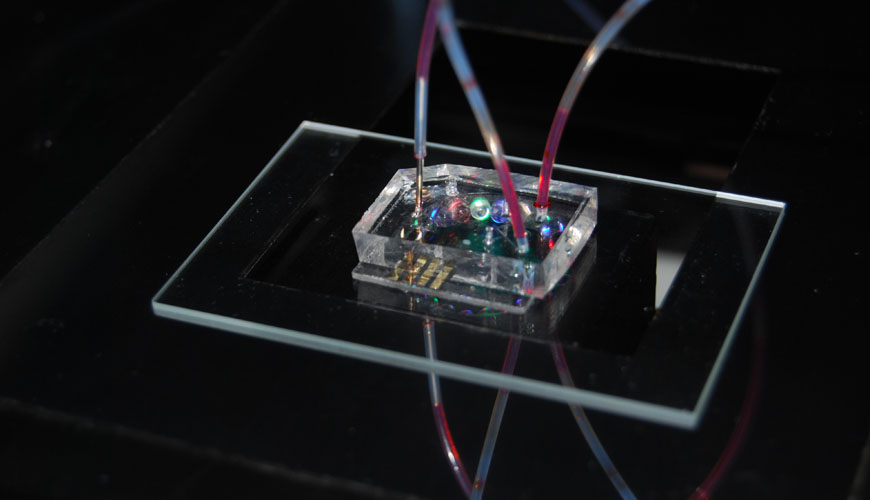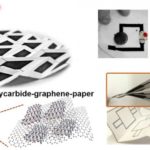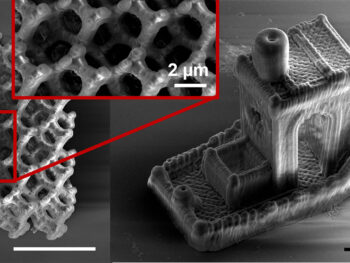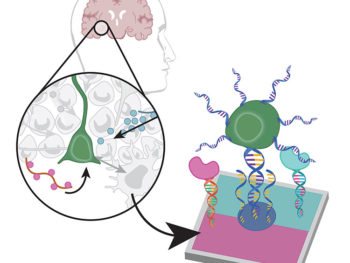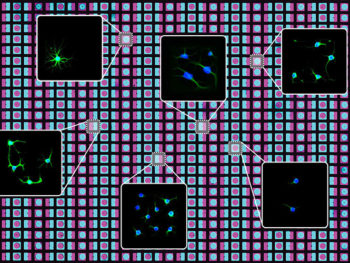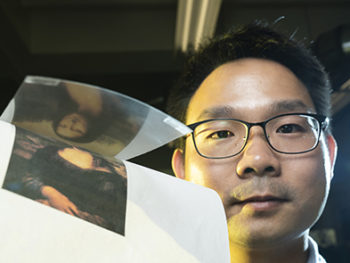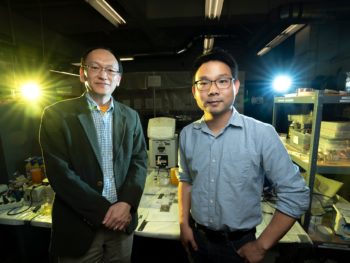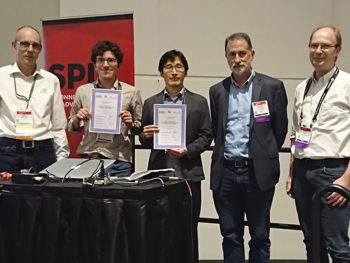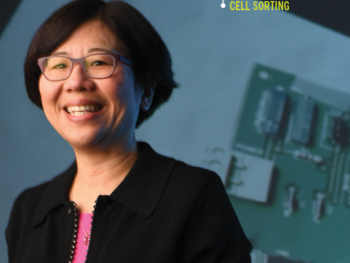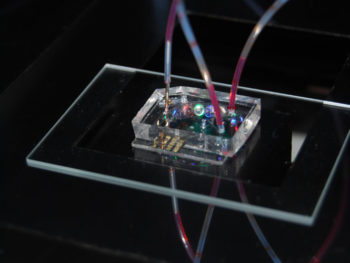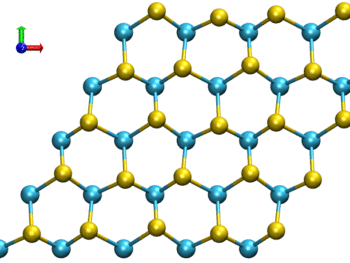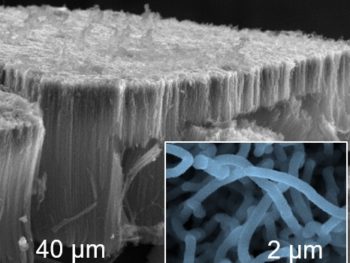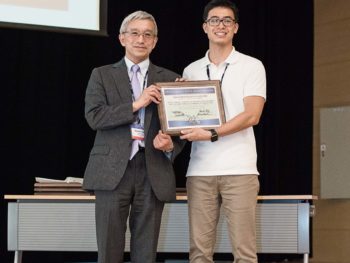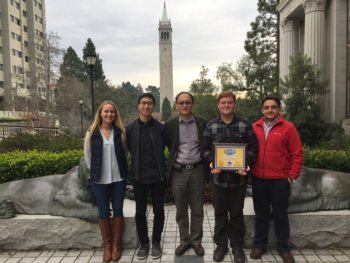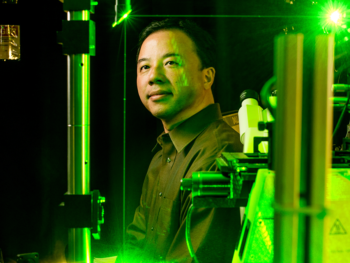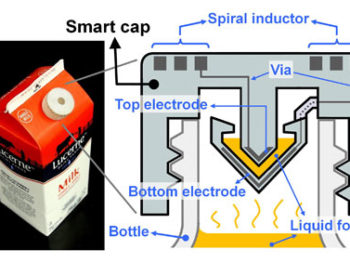Micro-Electromechanical Systems (MEMS)
Over the past 20 years, the application of microelectronic technology to the fabrication of mechanical devices has revolutionized the research in microsensors and microactuators. Micromachining technologies take advantage of batch processing to address the manufacturing and performance requirements of the sensor industry.
The extraordinary versatility of semiconductor materials and the miniaturization of VLSI patterning techniques promise new sensors and actuators with increased capabilities and improved performance-to-cost ratio, which far surpass conventionally machined devices. Our faculty is actively involved in collaborative research efforts in Silicon Valley, the heart of the semiconductor and MEMS industries. These collaborations draw heavily upon our expertise in mechanical engineering as it applies to a broad range of issues in miniaturization, including solid, materials, design, manufacturing, fluidics, heat transfer, dynamics, control, environmental, and bioengineering. In addition, close ties to other departments and research centers such as BSAC (Berkeley Sensor and Actuator Center) further strengthen our program.
Nanoengineering
Significant breakthroughs over the past two decades in a wide range of disciplines have generated new interest in science and engineering at nanometer scales. The invention of the scanning tunneling microscope, the discovery of the fullerene family of molecules, the development of materials with size-dependent properties, and the ability to encode with and manipulate biological molecules such as DNA, are a few of the crucial developments that have changed this field.
Continued research in nanoscale science and engineering promises to revolutionize many fields and lead to a new technological base and infrastructure that will have major impact on the US and world economies. The impact will be felt in areas as diverse as computing and information technology, health care and biotechnology, environment, energy, transportation, and space exploration, to name a few.
Our department is committed to the development of nanoengineering, with several groups conducting research in this field. Some key areas of research include nanoinstrumentation nano energy conversion, nano bioengineering and nano computing storage.
The field of nanoengineering is highly interdisciplinary, requiring knowledge drawn from a variety of scientific and engineering departments. In addition to traditional courses covering fundamentals of mechanical engineering, our department offers a series of specialized courses in microscale thermophysics, micro and nanoscale tribology, cellular and sub-cellular level transport phenomena and mechanics, physicochemical hydrodynamics of ultra-thin fluid films, and microfabrication.
The Major Field Advisors for each research area are listed here.
Core Faculty:
Faculty with research interests that relate to MEMS/Nano issues include Professors M. Reza Alam, Chris Dames, Costas Grigoropoulos, Roberto Horowitz, David Horsley, Kyriakos Komvopolous, Dorian Liepmann, Mohammad R. K. Mofrad, Ravi Prasher, Hayden Taylor, and Vassilia Zorba.
MEMS/Nano Labs:
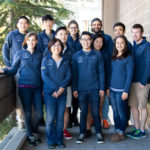
Sohn Research Laboratory

